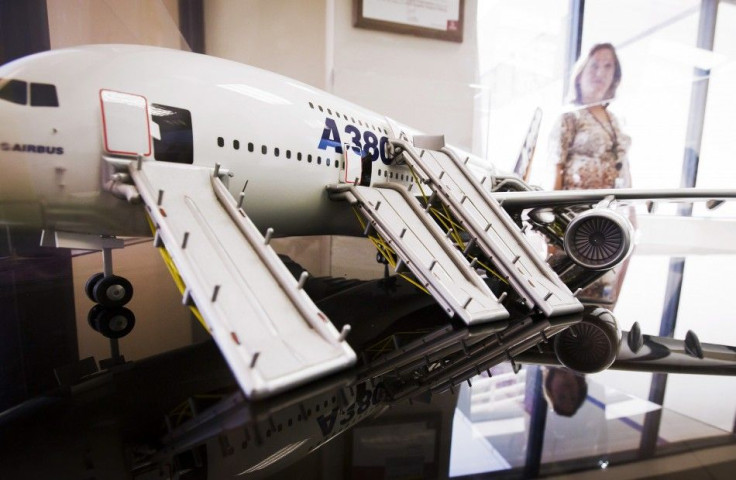Flying Still Safest Despite Air Crashes, Experts Reassure

The world has been shaken by a spate of air crashes in the past ten days that saw more than 500 casualties. The series of air crashes may have made many second-guess their future travel plans.
A report by CTV looks at the views of aviation experts who reassure that air tragedies are coincidental and there is no need to worry as air travel is still the safest.
According to Geneva-based Bureau of Aircraft Accidents Archives (B3A) airline safety has improved and year 2013 saw 459 fatalities of aircraft accidents. But halfway through the 2014, there are already 991 fatalities.
Nevertheless flying still remains one of the safest ways to travel. According to the International Civil Aviation Organization (ICAO), about 90,000 commercial airline departures happen every day. It means even after the tragedy of Malaysian Airlines Flight MH17 there were more than 600,000 other flights that took to the skies.
Better Safety Now
Ronan Hubert founder of B3A said there is high level of aviation safety today. He claims that aviation accident rate is actually declining in the last 20 years.
More specifically, death rate from plane crashes was low between 2011 and 2013 and it is unlikely that the trend will change. The fatalities from aircraft accidents in 2011 were 828. It dropped to 800 in 2012 and subsequently to 459 in 2013. Considering the vast numbers of passengers and aircrafts taking off every day, the risk looks near-zero.
Montreal Meeting Next Week
Meanwhile top officials from four international organizations involved in aviation will meet in Montreal on July 29. The meeting will be at the ICAO headquarters in Montreal. The agenda on air safety will cover the risks faced by civilian aviation in conflict zones. There will be representatives of ICAO, airports, air carriers and air navigation services to discuss the issues.
Survival Tips
According to air safety expert Mercola, it is fire and not the impact from a crash that kills most passengers. It takes only 90 seconds for a fire to engulf the fuselage of a plane. So in the event of a crash-landing the immediate action by a passenger must be to get to the emergency door and exit the plane.
So factoring in the number of passenger jet flights around the globe, the odds of a plane crash are just one in 3.65 million.





















